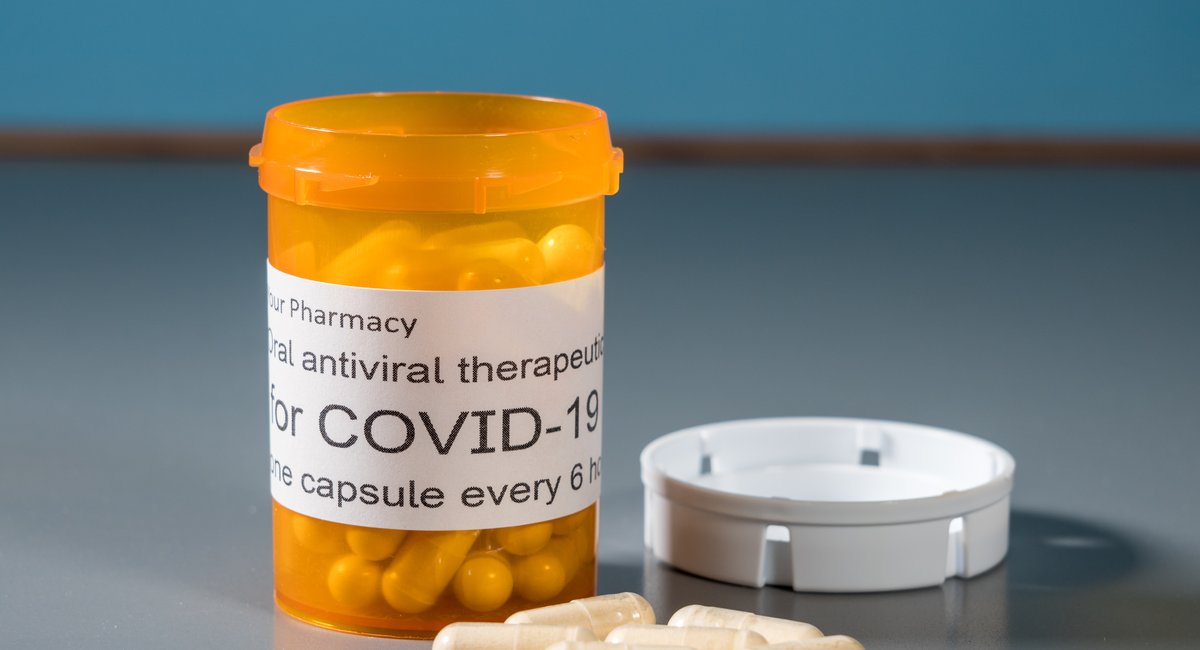Researchers at Rutgers University say they are showing early signs of progress toward a new treatment for COVID-19 that could work on future drug-resistant strains of the virus and represent a potential alternative to antivirals like Paxlovid.
No one knows when drug-resistant mutations of COVID-19 may emerge, said Jun Wang, an associate professor of medicinal chemistry who is leading the research.
“When it becomes a problem, we want to have something in hand,” he said. The Rutgers team is one of several around the world seeking alternatives to current treatments.
Paxlovid, the brand name for the medication combining the drugs nirmatrelvir and ritonavir, can reduce the risk of severe coronavirus symptoms. But Paxlovid has its limitations, including potential side effects when combined with some other medications.
Wang and his team recently published a pre-print of their research — meaning it still has to be reviewed by other scientists — showing they have developed a promising treatment option that significantly reduced the viral load in mice infected with COVID-19.
The molecule Wang’s team developed targets a different protein in the COVID virus than Paxlovid.
They tested it on strains of the virus that are already circulating as well as drug-resistant strains that were developed in a lab for research purposes, Wang said. It’s not uncommon for scientists to manipulate a virus to further their research, although the practice has come under greater scrutiny in the wake of COVID — particularly when scientists develop strains that are more virulent or infectious than what’s currently circulating.
Wang’s team was also able to show their treatment did not interfere with certain enzymes that help people metabolize drugs, suggesting it may not have the same interactions with other medications as Paxlovid, he added.
The real-world implications
The Rutgers research on drug interactions aims to create a COVID treatment that doctors would be more likely to…
Read the full article here

Leave a Reply